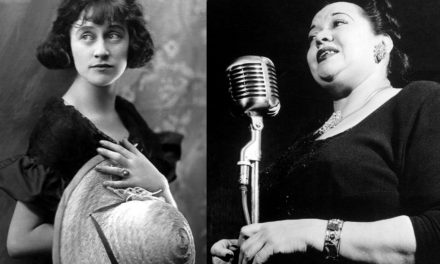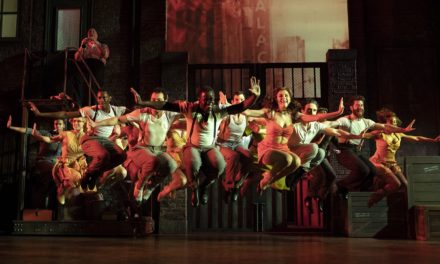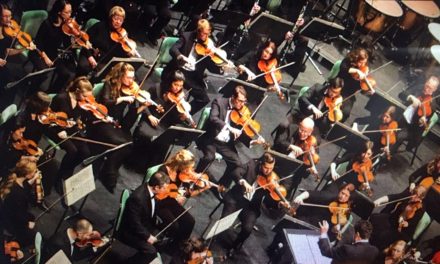By Daniel Buckwalter
A gem of a chamber trio made its Eugene debut on June 13 at Eugene’s First Church of Christ, Scientist, and I hope Eugene music fans will have many more opportunities to hear them in the years to come.
Trio Picea — featuring cellist Eric Alterman, pianist Asya Gulua and violinist Nelly Kovalev — carried a small but appreciative audience through emotional pieces from Ludwig van Beethoven and Mieczyslaw Weinberg, and it was a treat.
Alterman is well known in Eugene, of course, with the Eugene Symphony Orchestra and Delgani String Quartet, among other ensembles. Gulua, a native of Russia who lives in Salem, performs regularly and has sat in with Delgani in the past, while Kovalev, a native of Latvia, is the concertmaster for the Oregon Ballet Theater Orchestra and a member of the Eugene Symphony, among others.
Together, the trio enriched Beethoven’s three-movement Piano Trio in D Major (Ghost) and gave full emotional flavor to Weinberg’s four-movement Piano Trio in A Major.
After the spritely opening movement, Ghost takes on depth and character in the second movement. That second movement is alluring and moody, and all three of the instruments share in the eerie melancholy. Just when the heart is about to sink, though, the third movement arises to take the listener to an energetic finish.
No such energetic finish is in store for Weinberg’s Piano Trio in A Major, and that’s understandable.
Weinberg was a Polish Jew from Warsaw who fled his homeland in 1943 for the old Soviet Union, and from the start of the piece — with Gulua leading the way at the piano — everything is frantic through the first two movements. Alterman and Kovalev race to keep up. It is the growing tension Polish Jews are feeling in the ghettos.
Then comes the third movement — Poem.
Again, Gulua leads the way, this time at a much slower pace with haunting chords played exclusively with her left hand. The tension builds as Alterman and Kovalev enter, and at this point I can see the packed train cars, feel the fear and hear the screams. It is raw and poignant.
Weinberg was able to flee the madness, yet even that must have been perilous, judging by the sometimes chaotic but always riveting finale.
The piece ends in stillness. It’s an uneasy quiet of someone standing on foreign land, a land with its own languages and customs as well as its own war narrative, but apart from the mania of invasion and war Weinberg knew too well.
Weinberg, the Jew from Warsaw, would rebuild his life in Moscow and have his works recorded. He died in Moscow in 1996 and was regarded as one of Russia’s top composers in the last half of the 20th century.
And I do hope that Trio Picea will gather again to tell these stories.







